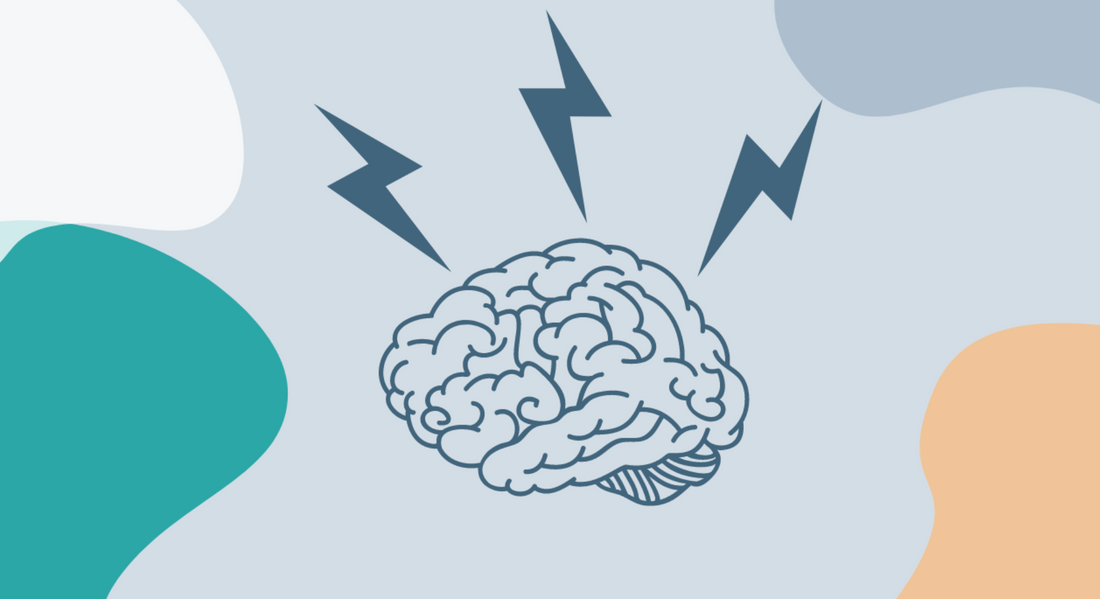
Cortisol and gut health: How stress impacts your digestion and hormones
We often think of stress as just a mental or emotional issue, but the truth is that chronic stress affects the entire body.
One of the biggest ways it shows up is through cortisol — our main stress hormone — and its impact on gut health.
When cortisol stays high for too long, it disrupts digestion, immunity, hormones, and even metabolism. For women, this can lead to bloating, fatigue, tummy fat, and worsening hormone symptoms during perimenopause and menopause.
At Zing Wellbeing, we believe understanding this connection is the first step to taking back control of your health.

What Is Cortisol and Why Does It Matter?
Cortisol is produced by the adrenal glands and helps regulate:
-
Blood sugar and energy
-
Inflammation and immunity
-
Sleep–wake cycles
-
Stress response
In small doses, cortisol is essential — it wakes us up in the morning and helps us respond to challenges.
But when stress becomes constant, the body produces too much cortisol for too long. This chronic stress response affects nearly every system in the body, especially the gut.
How Cortisol Affects Gut Health
1. Gut Inflammation
Stress raises inflammatory markers in the body, which can inflame the digestive tract. This disrupts digestion, absorption of nutrients, and bowel regularity.
2. Leaky Gut
High cortisol weakens the gut lining, making it more permeable (“leaky gut”). This allows toxins and bacteria to enter the bloodstream, leading to symptoms such as bloating, cramping, constipation, or diarrhoea.
3. Digestive Conditions
Ongoing stress and inflammation can worsen conditions like IBS, Crohn’s disease, ulcerative colitis, or SIBO.
4. Gut Microbiome Imbalance (Dysbiosis)
Cortisol disrupts the balance of healthy gut bacteria. Beneficial microbes decrease while harmful bacteria thrive, leading to gas, bloating, and poor immunity.
5. Weight Gain Around the Tummy
High cortisol increases blood sugar, triggers cravings, and slows metabolism — often leading to abdominal fat gain, sometimes called stress belly.

How to Support Gut Health and Lower Cortisol
The good news? There are practical, natural steps women can take to reset cortisol levels and heal the gut.
1. Eat a Gut-Friendly, Anti-Inflammatory Diet
-
Fibre-rich foods: fruits, vegetables, legumes, whole grains
-
Omega-3 rich foods: fish, nuts, seeds
-
Fermented foods: sauerkraut, kimchi, kefir, yoghurt
-
Herbs & spices: turmeric, ginger, garlic
Avoid ultra-processed foods and excess sugar, which spike cortisol and feed bad bacteria.
2. Try Probiotics and Prebiotics
-
Probiotics (in supplements or fermented foods) add healthy bacteria to the gut.
-
Prebiotics (in onions, garlic, oats, bananas, legumes) feed the good bacteria already there.
3. Manage Stress Daily
-
Meditation or deep breathing
-
Gentle movement (walking, yoga, Pilates)
-
Time in nature
-
Social connection and laughter
4. Prioritise Sleep
Sleep and cortisol are closely linked — poor sleep raises stress hormones. Aim for 7–9 hours a night, keep a consistent bedtime, and reduce screens before bed.
5. Move Your Body
Moderate exercise supports the gut and lowers cortisol. Even a daily walk improves gut motility and microbial diversity.
Can Poor Gut Health Also Affect Cortisol?
Yes — it’s a two-way street. Poor gut health increases inflammation, which signals the body to produce more cortisol. This creates a vicious cycle where stress harms the gut, and poor gut health increases stress.
Supporting the gut helps regulate cortisol, and calming stress helps restore gut balance.
High cortisol and poor gut health don’t just cause bloating or tummy fat — they affect your hormones, mood, and long-term health. The solution isn’t a quick detox but consistent daily habits that support stress resilience and digestive wellbeing.
At Zing Wellbeing, our meal plans and wellness programs are built with this science in mind — supporting women with gut-friendly, high-protein, anti-inflammatory recipes, mindset tools, and lifestyle strategies to break the stress cycle and restore balance.
Because when you calm your cortisol and care for your gut, every part of your health improves.
And you can also see our 7 day cortisol detox here too


